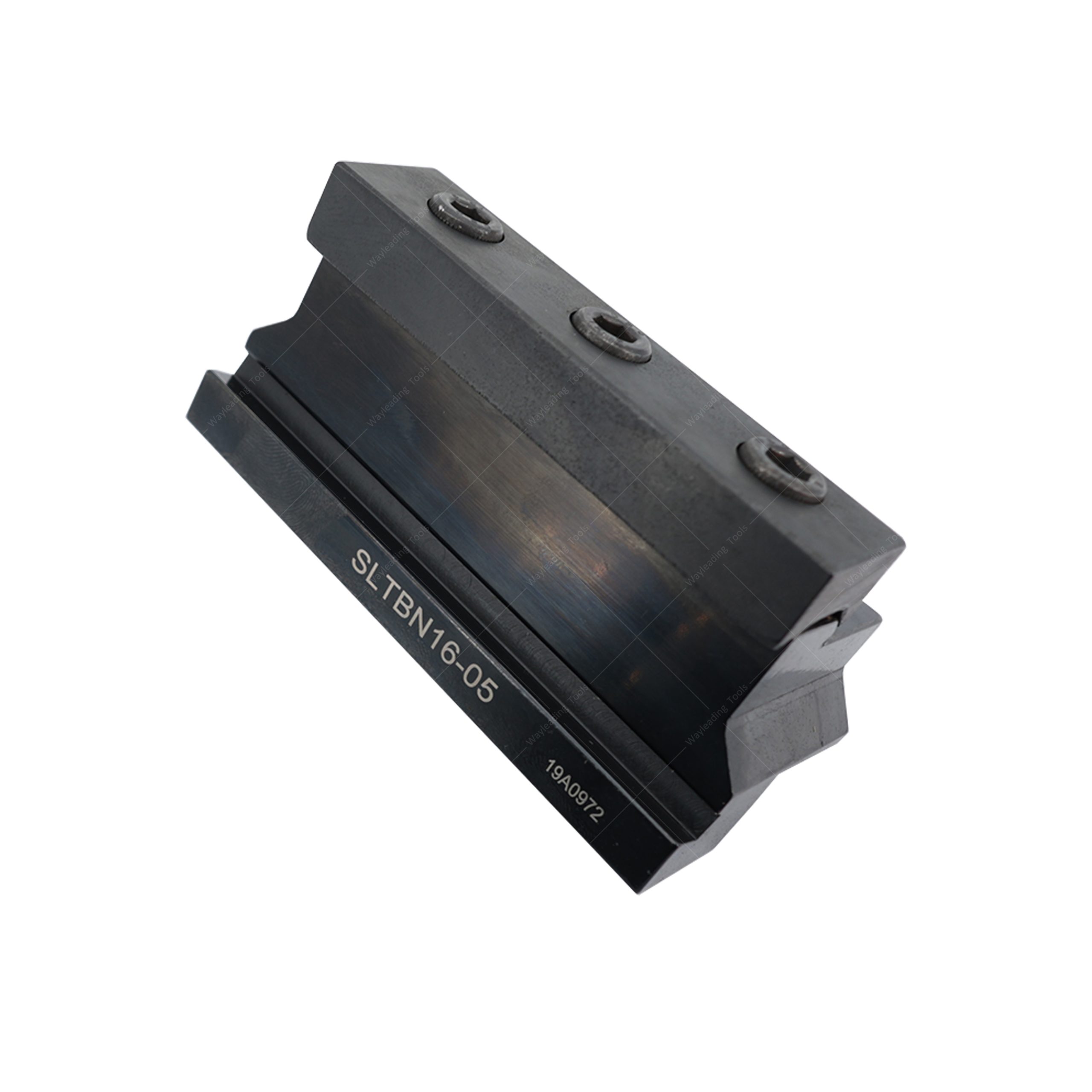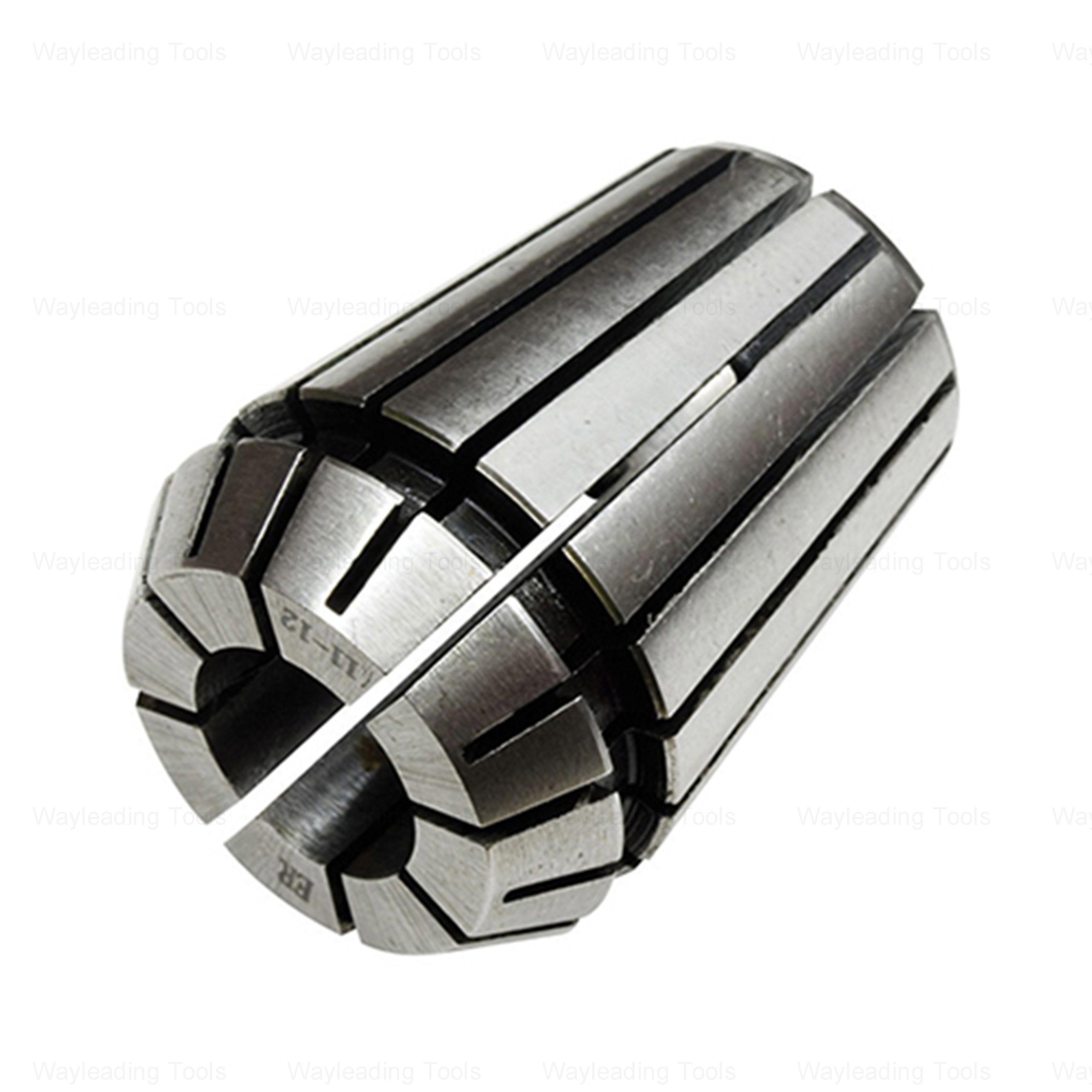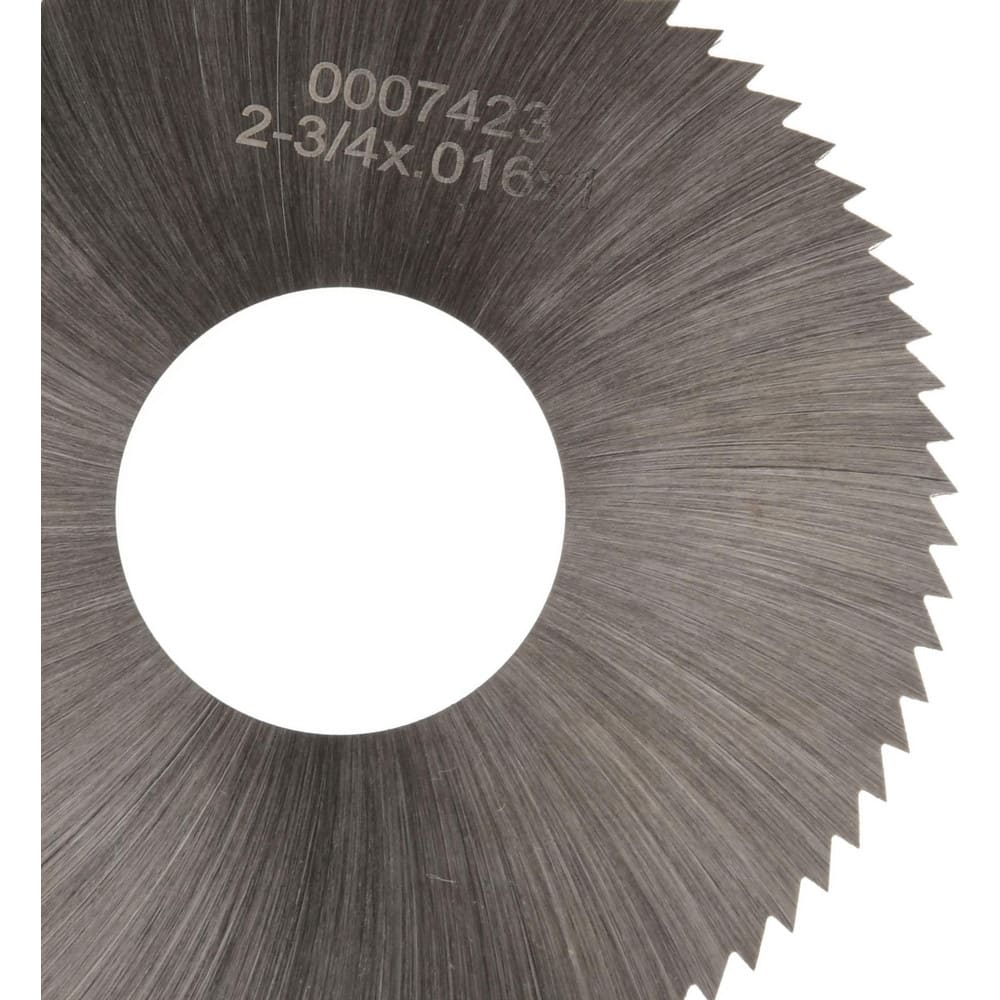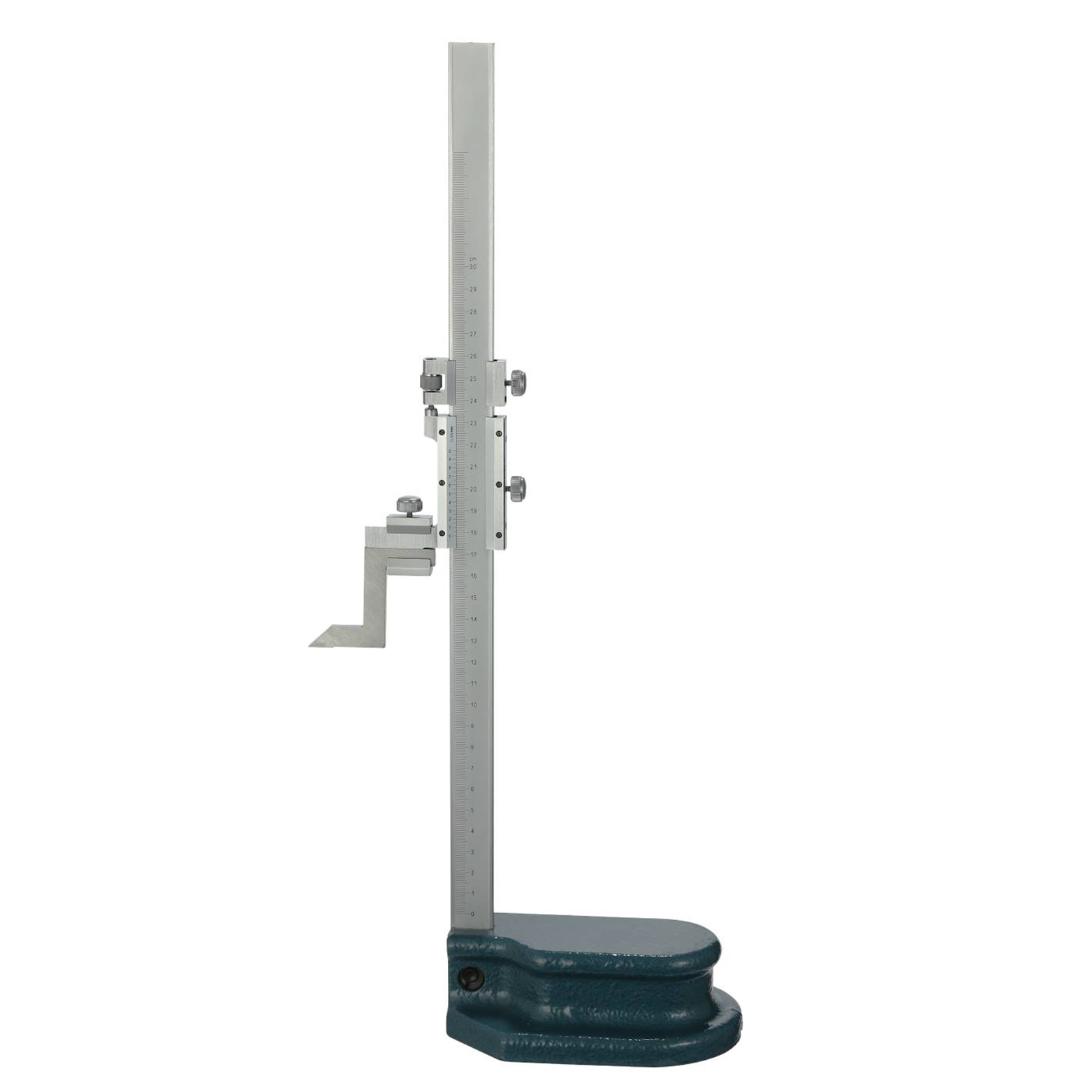thread die Factories
Thread die factories specialize in the manufacturing of precision tools used to create external threads on various materials. These factories offer a range of threading solutions, from standard dies to custom-engineered dies for specialized applications. Understanding the capabilities and selection criteria for thread die factories is crucial for achieving accurate and efficient threading processes.
Understanding Thread Dies
What are Thread Dies?
Thread dies are cutting tools used to create external threads on cylindrical or conical workpieces. They come in various types, each suited for specific materials and threading requirements. The primary function of a thread die is to cut or form a helical groove on a workpiece, creating a thread that can engage with a corresponding internal thread.
Types of Thread Dies
Thread dies are broadly categorized based on their construction and application. Some common types include:
- Solid Dies: These are one-piece dies, often used for general-purpose threading. They are relatively inexpensive but offer limited adjustability.
- Adjustable Split Dies: These dies consist of two halves that can be adjusted to control the thread diameter. They offer greater flexibility compared to solid dies.
- Button Dies: Button dies are small, round dies used in die stocks for manual threading.
- Hex Rethreading Dies: These are hexagon-shaped dies used to repair damaged threads on bolts and studs.
Factors to Consider When Choosing a Thread Die Factory
Selecting the right thread die factory is essential for ensuring the quality and precision of threaded components. Consider the following factors:
Manufacturing Capabilities
A reputable thread die factory should possess advanced manufacturing capabilities, including CNC machining, grinding, and heat treatment processes. These processes are crucial for producing dies with precise dimensions and consistent performance.
Material Selection
The choice of material for a thread die significantly impacts its durability and performance. Common materials include high-speed steel (HSS), carbide, and alloy steels. HSS dies are suitable for general-purpose threading, while carbide dies offer superior wear resistance for demanding applications.
Customization Options
Many applications require custom-engineered thread dies to meet specific threading requirements. A capable thread die factory should offer customization options, including:
- Special Thread Forms: Acme, trapezoidal, or other non-standard thread forms.
- Unique Dimensions: Custom diameters, pitches, and lengths.
- Material Modifications: Adjusting material composition for specific workpiece materials.
Quality Control
Rigorous quality control procedures are essential for ensuring the accuracy and reliability of thread dies. Look for factories that employ advanced inspection techniques, such as coordinate measuring machines (CMMs) and optical comparators, to verify dimensional accuracy and thread quality.
Experience and Expertise
Choose a thread die factory with a proven track record of manufacturing high-quality thread dies. Consider their experience in serving different industries and their ability to provide technical support and guidance.
Finding a Reliable Thread Die Factory
Identifying a reliable thread die factory involves research and due diligence. Here are some steps to take:
Online Research
Search online for thread die factories and review their websites. Look for information about their manufacturing capabilities, material selection, and quality control processes. Check for customer testimonials and case studies to assess their reputation.
For example, Wayleading Tools (www.wayleading.com) is a company specializing in the production and supply of various cutting tools, including thread dies. They offer a range of standard and custom thread dies designed for various applications. Their expertise and commitment to quality make them a reliable choice for threading solutions.
Request Quotes
Contact several thread die factories and request quotes for your specific requirements. Provide detailed specifications, including thread form, material, dimensions, and quantity. Compare the quotes and evaluate the factories based on price, lead time, and technical capabilities.
Visit the Factory
If possible, visit the thread die factory to assess their facilities and meet their team. This will give you a better understanding of their manufacturing processes and quality control procedures.
Common Applications of Thread Dies
Thread dies are used in a wide range of industries and applications, including:
- Automotive: Manufacturing threaded fasteners for engine components, chassis, and body panels.
- Aerospace: Producing high-precision threaded parts for aircraft engines, airframes, and control systems.
- Manufacturing: Creating threaded components for machinery, equipment, and tools.
- Construction: Fabricating threaded rods, bolts, and fasteners for building structures.
- Plumbing: Manufacturing threaded pipes and fittings for water and gas systems.
Tips for Using Thread Dies Effectively
To achieve optimal results when using thread dies, follow these tips:
- Select the Right Die: Choose a thread die that is appropriate for the material and threading application.
- Use Cutting Fluid: Apply cutting fluid to the workpiece and die to reduce friction and heat.
- Apply Even Pressure: Apply even pressure to the die stock while threading. Avoid forcing the die, as this can damage the threads.
- Clean the Die Regularly: Clean the thread die regularly to remove chips and debris.
- Store Dies Properly: Store thread dies in a dry, protected environment to prevent corrosion and damage.
Troubleshooting Common Threading Problems
Even with the best thread dies and techniques, threading problems can occur. Here are some common issues and their solutions:
| Problem | Possible Cause | Solution |
|---|---|---|
| Rough or Torn Threads | Dull die, improper cutting fluid, workpiece material too hard | Replace the die, use appropriate cutting fluid, consider annealing the workpiece |
| Oversized Threads | Adjustable die not properly set, die worn | Adjust the die to the correct diameter, replace the die |
| Undersized Threads | Adjustable die not properly set, excessive die pressure | Adjust the die to the correct diameter, reduce die pressure |
Conclusion
Choosing the right thread die factory is critical for achieving accurate and efficient threading processes. By considering factors such as manufacturing capabilities, material selection, customization options, and quality control, you can find a reliable partner to meet your threading needs.
Related products
Related products
Best selling products
Best selling products-
 25PCS DIN338 HSS Twist Drill Bit Set From 1-13mm
25PCS DIN338 HSS Twist Drill Bit Set From 1-13mm -
 Vernier Height Gauge With Magnifier With Adjustable Main Bean
Vernier Height Gauge With Magnifier With Adjustable Main Bean -
 Indexable Square Shoulder End Mill For Industrial
Indexable Square Shoulder End Mill For Industrial -
 Parting & Grooving Tool Block For NCIH Blades
Parting & Grooving Tool Block For NCIH Blades -
 Inch Solid Carbide Twist Drill With Internal Coolant & External Coolant
Inch Solid Carbide Twist Drill With Internal Coolant & External Coolant -
 Precision V Block Set With M Type
Precision V Block Set With M Type -
 Metric ER Collets – High Precision, for Milling Applications
Metric ER Collets – High Precision, for Milling Applications -
 HSS Metric & Inch Woodruff Keyseat Cutter With Straight Or staggered Teeth
HSS Metric & Inch Woodruff Keyseat Cutter With Straight Or staggered Teeth -
 Precision Micrometr Holder For Micrometer
Precision Micrometr Holder For Micrometer -
 CCMT Turning Insert For Indexable Turning Tool Holder
CCMT Turning Insert For Indexable Turning Tool Holder -
 ANSI B94 HSS Jobber Length Drill Bits Fully Ground
ANSI B94 HSS Jobber Length Drill Bits Fully Ground -
 HSS Inch Plain Metal Slitting Saws For Industrial
HSS Inch Plain Metal Slitting Saws For Industrial










